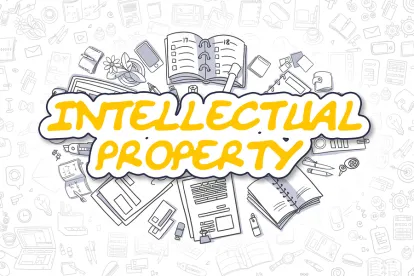Intellectual property is an important, valuable, and often overlooked asset class that includes copyrights, trademarks, patents, trade secrets, and confidential information. Each category of intellectual property asset incentivizes innovation, spurs creativity, and boosts the economy by providing rights holders with an exclusive property right—an ability to invest in, build, and exploit a work, brand, or invention and exclude others from doing so for a period of time. When protected and enforced properly, the commercial value in IP can be great.
IP has always been a player in secured transactions, but because of its value, it could be the sole or primary source of collateral for lenders. And indeed, as we move from investing in physical assets to building on the cloud, the ability to navigate intangible asset-based lending is beneficial. Lenders can pool IP assets and issue a security backed by those assets. Before exploring a loan secured by IP, lenders should be aware of several issues:
Diligence
In order evaluate whether an IP portfolio is valuable enough to secure a loan, lenders should obtain a detailed schedule on the types of IP alleged to be owned by the borrower. Work with an intellectual property attorney to independently audit a borrower’s IP portfolio to confirm, for example: owners of any claimed registered or unregistered rights, any outstanding and unresolved infringement claims, whether the IP rights are subject to an assignment or a license, and whether there are other security interests registered against assets in the portfolio.
Valuation
Once you have a clear picture of the assets that comprise the IP portfolio, lenders should consider its commercial value—something not found on a company’s balance sheet. Undertaking an independent valuation of IP is the best way to determine how much lenders can lend against such assets, given that the highly specialized nature of IP requires expertise to understand and determine its value in the marketplace.
Recovery
In the event that a borrower defaults, lenders should ensure that they will be able to dispose of the assets, and assess whether there is a potential market appetite. For instance, lenders should identity any potential investors or buyers to assess demand should the lender need to recover.



 />i
/>i

